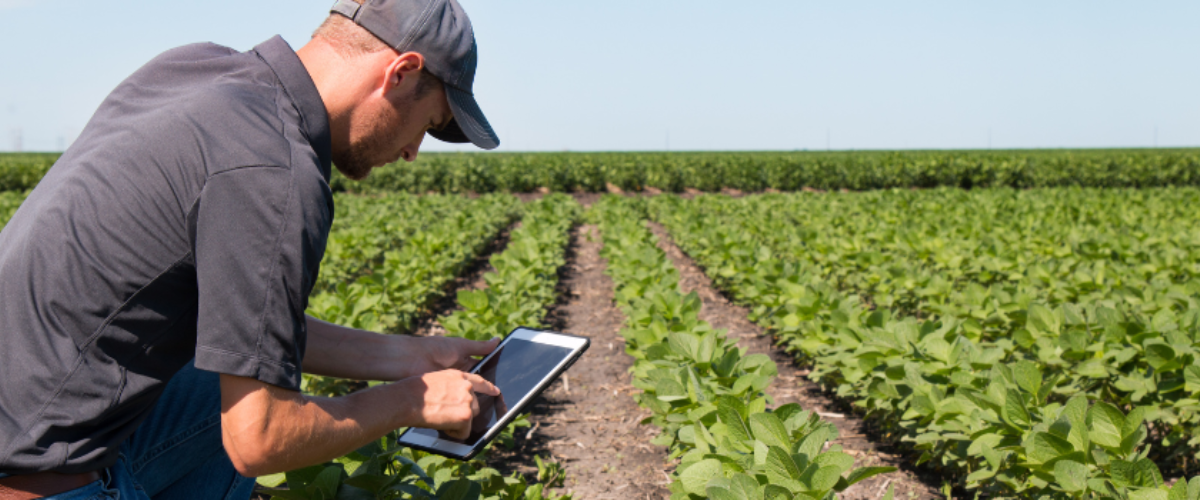
It’s true that record-keeping takes time, but it’s essential to the success of your farming operation. It helps you make solid future financial and farm management decisions. In this article, we’ll dive into why you should take the time to track your financial transactions and how you can get started with a record-keeping system.
Regardless of the time of year, you should take the time to sit down and go over your financial records regularly. Keeping a good set of financial records helps you be prepared come tax time. Here is a summary of other benefits.
A detailed financial statement allows you to track your income and expenses on the farm, helping to optimize cash flow. Consider everything from expected crop yields to production inputs like fertilizer, fuel, insurance and rent. Don’t forget about equipment expenses. If you own livestock, factor in projected livestock prices, feed costs and veterinary bills.
With the help of financial records, you can keep a close eye on your current farm status and plan for the future. Records evaluate how your farm is doing and how much it contributes to your overall success. Financial records also help show where activities could be improved and serve as a guide for future decisions. For instance, a record of expenses may show that you’re spending too much money on animal feed or seed. Accurate record-keeping can also help you create comprehensive business and estate plans once you decide to start the succession planning process.
When applying for loans or financing, detailed farm records are often required to determine your eligibility and prove that your farm is financially stable. You may need a line of credit, which can provide quick access to funds when you need to bridge the gap between payables and receivables.
You may also need an agricultural loan, such as a farm equipment loan, operating capital loan or Beginning Farmer Loan. Keeping accurate records makes it easier for banks or other lending institutions to extend a line of credit or approve a loan.
There’s no right or wrong way to manage your farm records. Some prefer simple, hand accounting using a pencil and paper. Others may consider online or digital methods:
Quickbooks is a popular program. It loads your financial data and generates a cash-flow statement. You can sync your accounts to Quickbooks through your bank and automatically download all your transactions. This helps eliminate the process of manually entering your transactions when making your reports.
Choose a system that is easy to understand and can meet your accounting and planning needs. It should also satisfy income tax, legal and other reporting requirements.
Once you’ve chosen a record-keeping system, collect and organize your farm business’ financial and production information. Both financial and production records are needed to help you make critical risk management decisions which can lead to long-term profitability.
Financial records show detailed farm income and expenses. This can include:
Production records include anything physical, such as:
Financial statements, such as a balance sheet, income statement and cash flow statement of earned equity and working capital, should be prepared on a regular basis. Below is a brief overview of each.
Once you establish a farm record-keeping system, analyze the production and financial records. You should:
When compiling and analyzing your financial records, reach out to your ag lender. They will help guide you through the record-keeping process and offer general advice about the different strategies you can use. They can also connect you to other tools and financial resources.
You’ll also want to talk to your accountant. They will help ensure that you have the right financial documents in place come tax time.
Ready to take a strategic approach to your farm’s finances? Contact our team of Ag Bankers today to learn more about how Northwest Bank can help support your farming operation.
Experience the Northwest Bank difference--the better banking experience. Contact us today and let's build a brighter financial future together!
Mon - Fri: 7:00 AM - 7:00 PM CST
Sat: 8:00 AM - 12:00 PM CST
General Support: 800-678-4105